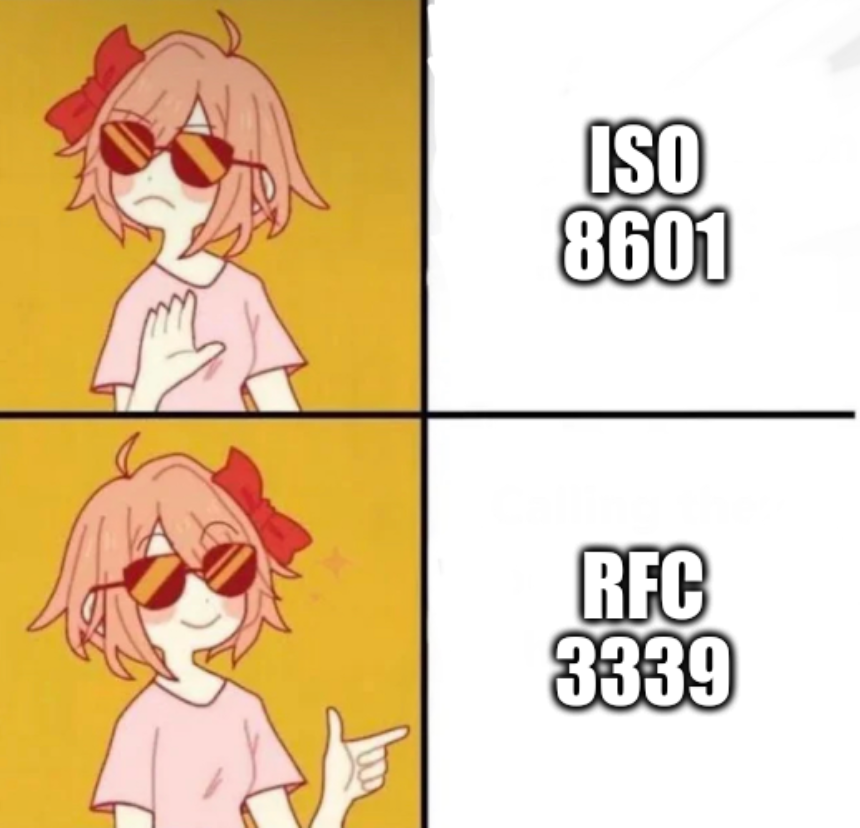.at_unchecked()
What kind of barbarism is that?
Doing that kind of split would kill genericity (more than it already is). If I'm using [] is because what I want is, more or less, to just access the value; not to maybe randomly and without any kind of source-level control or projected time/space boundaries go to the blockchain to check if the Rust devs are in the mood today to have blessed the given statement with the arguments given.
Frick. At least give me something like [checked(5)] or [unchecked(5)] for a more natural syntax. The more considering it has been possible to add compile-time checked access with something like [integral_constant<size_t,5>{}] since at least C++03! It just needs someone to propose a standardized notation shortcut. Or if there was some way to inquire or static_assert that the checks on the natural syntax are actually elided if I'm doing them myself elsewhere. But at it stands, uglifying the syntax is the worst of all worlds.


Not a bad idea. I'll try to crosspost that news a few times later during the weekend to help build the bad behaviour portfolio.